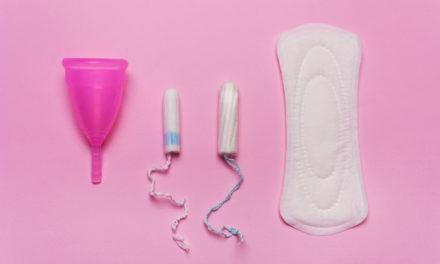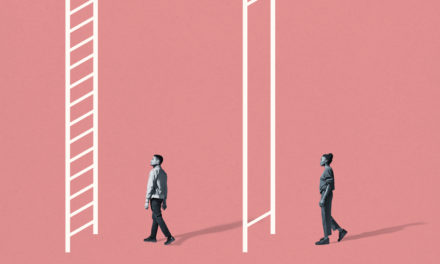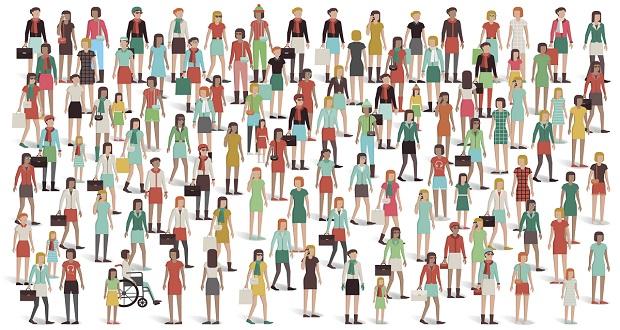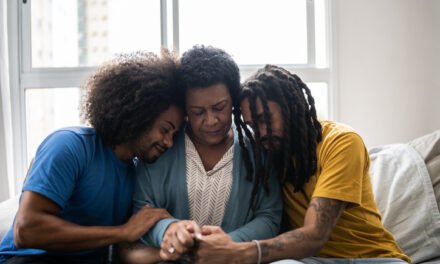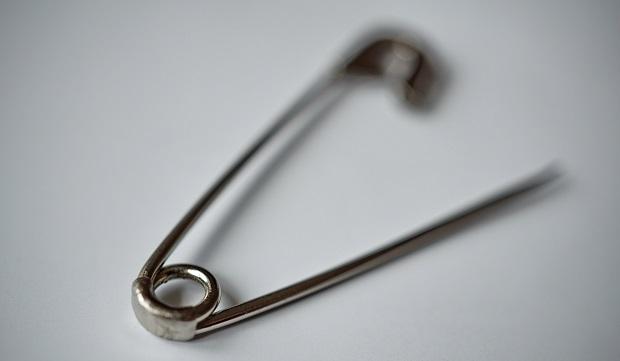
The safety pin issue seems to have created a lot of divisiveness. For those of you who don’t know what I’m talking about, after the US presidential election, it became a movement for whites to show solidarity with others by wearing a safety pin. The idea is that, by placing a safety pin on your clothing, you are showing that you are an ally and will stand against hate and violence as a result of any of the -isms that create division in our country.
That’s a nice gesture, but that’s not enough. Simply putting on a safety pin does not instantly make one an ally. A safety pin is a symbol. We give meaning to our symbols through our actions. If we wear a safety pin, but we do or say nothing against hate when it happens, then the symbol is meaningless.
The Southern Poverty Law Center tracked 867 hate crimes in the 10 days after the election — over 4 times the amount that were reported in the entire year up to that point. And, they keep happening. Every day, the news is rife with stories of people being yelled at or physically attacked because of difference. Just this past weekend, a story was reported in New York City where a woman wearing a hijab was assaulted on the subway.
Where were the people with the safety pins?
I’m certainly not advocating putting yourself in harm’s way. But being an ally is more than just wearing a symbol. It’s speaking out and taking action before it becomes necessary — and especially doing so when it is necessary. It’s being knowledgeable and educating others on the systemic inequities and everyday injustices that happen. It’s believing the fear People of Color, Muslims, LGBT folks and others genuinely feel in the current climate, even when you yourself have never experienced it. It’s being humble enough to ask, “How can I help?”, instead of assuming you know what needs to be done.
I’ve got friends of all colors who are on both sides of the safety pin issue. Some love it, some hate it. Personally, I feel they can be helpful symbols — but only when they’re backed up with personal action. Without action, the pins become emblems of our hypocrisy, by showing that we’re not willing to do anything more substantial to affect change.

